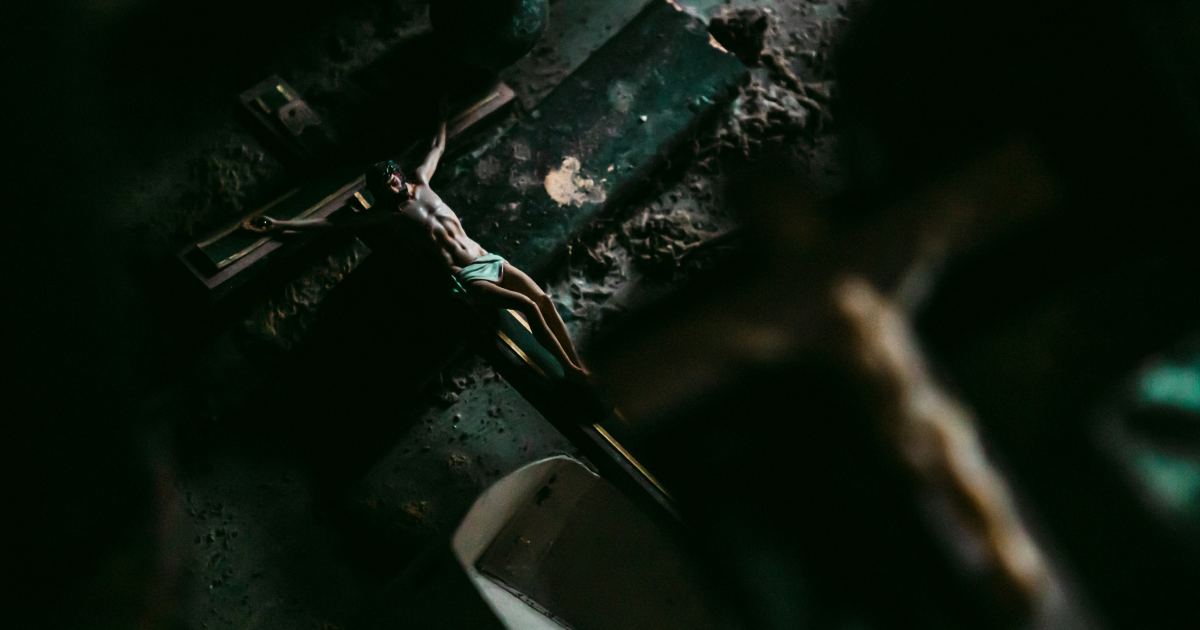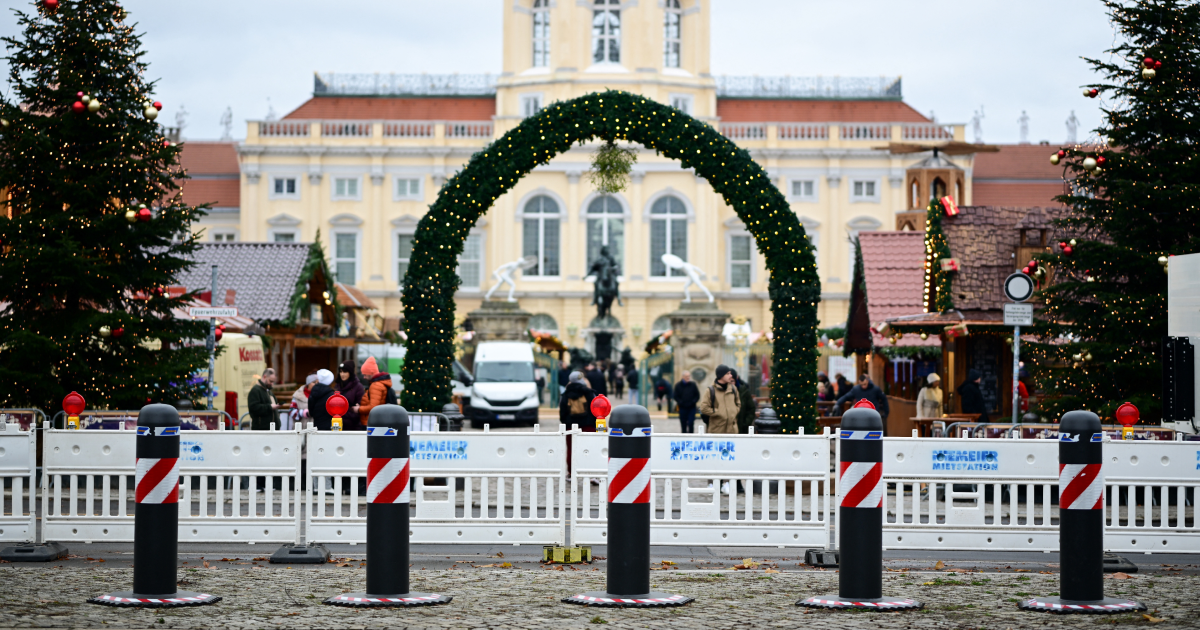Cardinal Gerhard Müller has warned that some bishops are effectively forcing conservative Catholics to stay at home or seek refuge with the Society of Saint Pius X. In a wide-ranging interview with EWTN’s Raymond Arroyo, the former Prefect of the Congregation for the Doctrine of the Faith said: “I heard from some bishops that Catholics who do not want the newer form of the liturgy can either remain at home or go to the Lefebvrians [FSSPX].” He called instead for dialogue, saying, “We must be very open, speak with the people in a good dialogue, in a synodal way, to speak together.”
Cardinal Müller added that it is not the Latin Mass that divides the Church, but rather the blessing of homosexual couples, which he said “relativises the sacrament of marriage, which is a revealed truth.” He criticised what he sees as a growing theological relativism within the Vatican’s approach to interreligious dialogue and condemned the establishment of a Muslim prayer room within the Vatican. “The Vatican is the seat of the Catholic Church, and permitting non-Catholic worship there amounts to self-relativisation,” he said. “This decision seems driven by a desire to appear ‘open’ rather than by theological reflection.”
He also questioned whether those in authority had been consulted, stating, “I don’t know if a cardinal, the Congregation for the Doctrine of the Faith, or the Pope was asked. Muslims may see it as a symbolic victory — a sign of their perceived superiority being acknowledged.” Cardinal Müller reaffirmed the foundations of Catholic doctrine as rooted in Greek and Roman philosophy, as understood by the early Fathers of the Church, who “acknowledged that there was some truth in philosophy, but never in pagan Greek or Roman religions. They never accepted the old religions.”
Warning against blurring distinctions between faiths, he said, “Different religions have different understandings of peace, liberty, and the dignity of the person. We cannot mix them. We are not Fratelli tutti (all brothers).” On the question of women’s ordination, he stated plainly that “it goes against the Catholic faith that women could receive the Sacrament of Holy Orders. Only men can become bishops, priests or deacons.”
Divisions between conservative and liberal currents within the Catholic Church have deepened since the Second Vatican Council, particularly over how its reforms should be interpreted. The implementation of Fiducia Supplicans, which opened the door to blessings for same-sex couples, and the continued enforcement of Traditionis Custodes, which restricts the traditional Latin Mass, have intensified these tensions. Many now see an emerging conflict between those seeking to preserve doctrinal and liturgical continuity and those promoting a more pastoral and inclusive approach.
Cardinal Müller, a noted theologian and one of the leading conservative voices in the Church, continues to defend what he calls the “unchanging truths of the faith” against what he perceives as growing relativism. In 2019, he defended those who threw the Pachamama statues into the Tiber, saying, “The great mistake was to bring the idols into the church, not to put them out.” He has also been a vocal critic of the German Synodal Way, which has sought to introduce liberalising reforms to Church teaching. In 2024, he celebrated the Traditional Latin Pontifical High Mass at the closing of the Chartres Pilgrimage in France.





.jpg)




.png)






